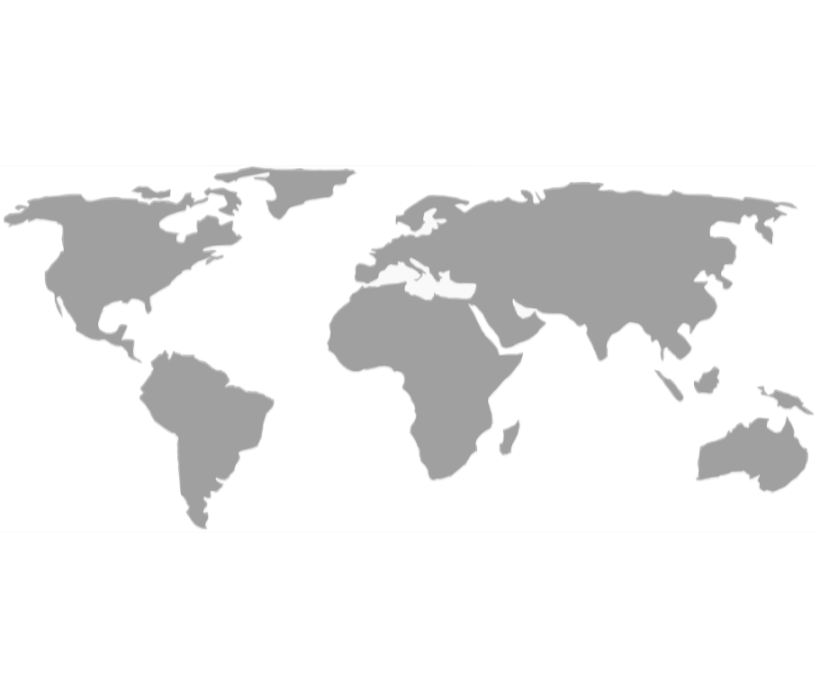La page demandée n'existe pas : http://lab.ird.fr/fr/dispositif/show/cDI2amJsQVZyRTJHT05jdEtBaElTUVc5Nlk0d2MzMmNNYkVzRHRXQiUyRlZGNjhGYzNuTDBBaGNnTGxVYjVwWlZxWXdNdEpiWWglMkJORVZwb0QlMkZUQjZ1WkElM0QlM0Q
Bienvenue sur IRD Lab, une application pour géolocaliser et en savoir plus sur l'organisation, les personnels et les partenaires de l'IRD.
























Pas d'extensions de compétences. Pour en savoir plus sur les collaborations de l'IRD avec ce pays contactez : drie@ird.fr


Leaflet © OpenStreetMap contributors
